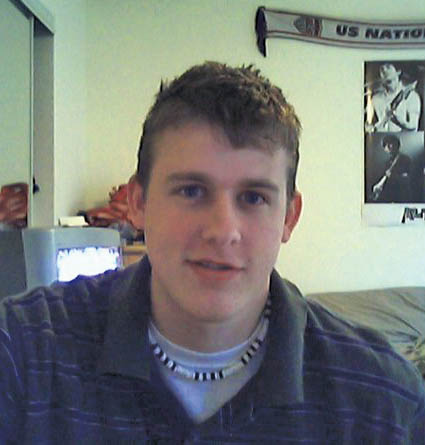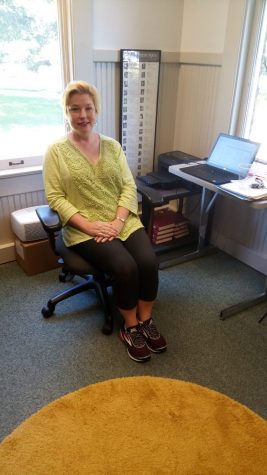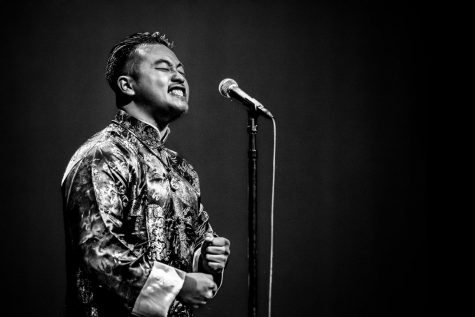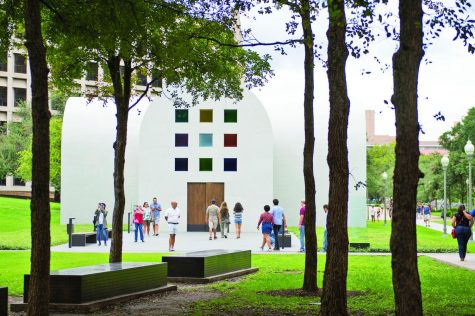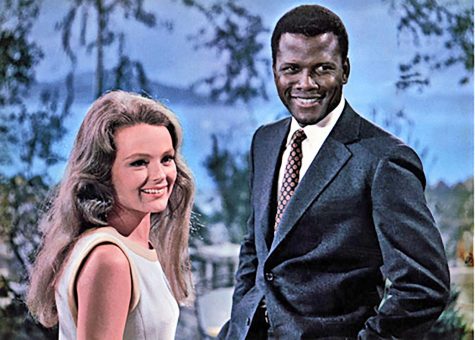Hilltopper veterans recognized for service
An aging man recalls a tale of valiance from the Vietnam War. He wears a military uniform decorated with gleaming, colorful metals. This is the image many people picture when they hear the word “veteran.”
However, veterans come from all sorts of backgrounds. Some older generations of Americans have bravely served in conflicts including the Vietnam War, the Korean War and the Gulf War. Now, the wars in Iraq and Afghanistan, as well as other U.S. military conquests, have created a new, younger generation of veterans.
St. Edward’s University has 109 veterans and 10 ROTC (Reserve Officers’ Training Corps) cadets enrolled in classes for the Fall 2009 semester, according to Christina Garcia, a financial services counselor on campus. These following three stories come from St. Edward’s veterans who have all come from distinct backgrounds and have had different experiences while serving in the armed services.
Aaron Millhench
Senior Aaron Millhench knew he did not want to go college right after he graduated from high school, so he joined the Navy.
“Going around the world seemed more interesting,” said Millhench.
The Navy assigned Millhench to the U.S.S. Winston S. Churchill vessel, where he worked as an electronic warfare technician, manipulating radar to trick missiles. Millhench was deployed twice during Operation Iraqi Freedom, the first deployment being in 2003.”We shot harpoon missiles into Iraq at whatever tactical point had been designated,” Millhench said.
In 2005, Millhench, working with French, Belgian and other sailors in the U.S. navy, helped detain pirates who had hijacked an Indian ship.
“We basically went in there with guns pointed at them and said, ‘We think you should stop,'” said Millhench.
Millhench, after serving five years of active duty, decided he was ready to attend college. Waiting to attend college until after he served in the Navy allowed Millhench to get more out of the college experience.
“Now, I can really enjoy my classes and my learning environment,” said Millhench.
Millhench said that his experience in the military allowed him to apply the time management skills learned then to his academic studies now. The Navy also gave Millhench a chance to develop leadership and interpersonal communication skills.
“In the Navy, you are forced to work with people from all around the world,” Millhench said. “You have no choice who you work with.”
Millhench narrowed down his choice of colleges to the University of Texas at Austin and St. Edward’s. He ultimately chose to attend St. Edward’s because of the familial environment.
“The classes are small and you get to know your professors,” said Millhench.Millhench entered St. Edward’s under traditional undergraduate program instead of the New College program because he wanted to go to class during the day and focus on his studies full-time.
The average age of a traditional undergraduate student at St. Edward’s is 20.5 years, according to the University’s Web site. Millhench is six years older than this average; however, despite the age difference, Millhench said that he does not feel alienated from his classmates.
“Most of the students in my classes do not even realize that I am older until I tell them,” said Millhench.
Since attending St. Edward’s, Millhench began to miss the connection he had with the Navy and joined the Navy Reserves, where he has worked with intelligence analysis for three years.
Lamar McKnight
Going through what he describes as an “interesting time,” junior Lamar McKnight wanted to do something different with his life. McKnight’s mother and stepfather had just separated, and he felt like he did not have the structure or stability that he needed to go to school.
“I saw one of my friends who had joined the Marine Corps and the discipline it instilled in him,” McKnight said. “It looked like something I wanted to become.”
McKnight enlisted in 1999 and requested to go overseas where he was stationed in Okinawa, Japan. Once there, McKnight was able to train in aerial operations. Eventually, he became an enlisted air crewman and a crew chief.
“I wanted to be in an aviation unit because I have a lot of aviation people in my family,” said McKnight.
McKnight traveled throughout Southeast Asia while stationed in Japan, visiting Thailand, the Philippines and Korea. His experience abroad allowed him to compare life in the U.S. to other countries.
“If anything, it reinforced my view that despite our flaws, we have the best system in the world in terms of keeping people free and safe,” said McKnight.In late 2003, McKnight left the Marine Corps. He is now an undergraduate in the St. Edward’s New College program.
The New college program is one reason McKnight chose to come to St. Edward’s; he enjoys taking classes with other students who have life experience outside of high school and college.
“People actually bring a lot of practical knowledge that they have actually learned from experience,” said McKnight said. “I like to be in that environment.”
Although McKnight also loves the location and small size of the university, St. Edward’s Catholic mission has made McKnight feel the most included.
“I think the Congregation of Holy Cross is a wonderful organization because they go so far out of their way to reach out to people and bring them in,” said McKnight. “There is a level of inclusiveness between the New College and Holy Cross that I do not think you get at other schools.”
Military service has taught McKnight how to function with little sleep, which he said is important for college students. McKnight’s experience in the Marine Corps also taught him perseverance, and he said that military service helped him better understand what he knows he can do.
“The military gave me a great foundation,” said McKnight. “St. Edward’s has helped me to take that great foundation and package it into something that would be very helpful as a future citizen.”
Nick Shearer
The military has always been a part of sophomore Nick Shearer’s life. Shearer’s father was in the military, which he said influenced his decision to join the Army reserves.
“[My dad] kind of pushed me into it,” said Shearer.
Shearer said that growing up in a military family helped prepare him for what to expect in the army reserves. However, Shearer did not expect the separation from his friends during basic training would be so mentally challenging.
“It was like a little culture shock,” Shearer said.
For Shearer, basic training consisted of road marches, an exercise where soldiers have to carry their gear and march several miles to “somewhere,” field camping, and lots of running and pushups.
As part of basic training, Shearer had to wear a gas mask and enter a chamber where a gas, like gas used for riots, was released.
“Then they made you take [the gas mask] off and talk, so it would get in your mouth and your eyes.”
The reserves meet one weekend a month and an additional two weeks a year for training, unlike active duty members, who are enlisted full-time.
Shearer’s reserve unit could deploy if activated. Shearer said that if his unit does activate, he could get out of deployment, but he would deploy anyways.
“I have to do my part,” Shearer said. “If I get called up, I have to do what is asked.”


